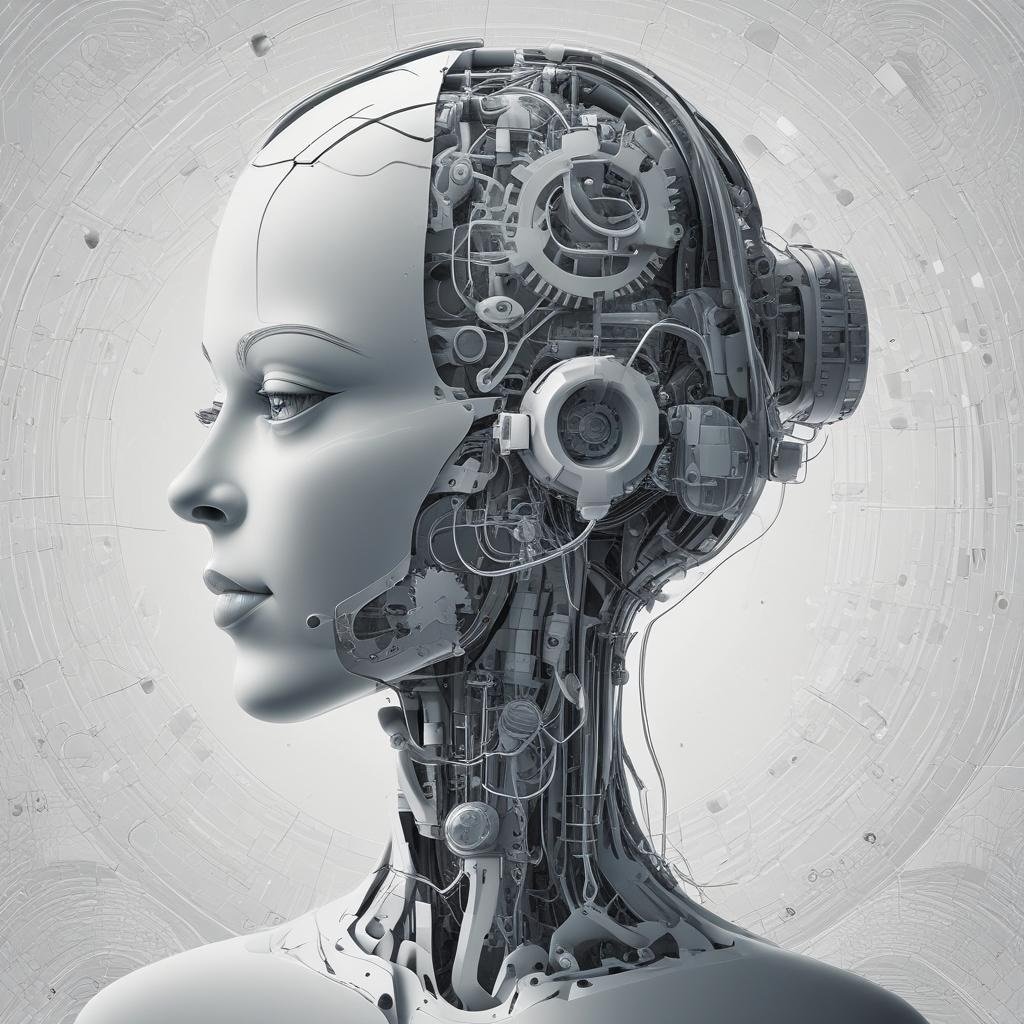Introduction to AI Regulation
As artificial intelligence technologies rapidly evolve, the need for effective regulation and policy-making becomes increasingly urgent. Governments and international bodies are striving to create frameworks that not only support innovation but also safeguard public safety and privacy rights. These efforts are central to ensuring that AI systems are developed responsibly and ethically.
The Importance of Policy Making in AI
Regulating AI involves a multifaceted approach that includes developing policies to address ethical considerations, privacy concerns, and potential biases inherent in AI systems. Policymakers are tasked with striking a balance between fostering technological advancement and protecting individuals from potential harm. This balancing act is critical as the impact of AI on society grows.
Global Cooperation in AI Regulation
As AI technology transcends national borders, global cooperation is essential. Countries are participating in international discussions to create a unified stance on how to manage AI’s implications. This collaborative effort aims to harmonize regulations, thus ensuring consistency in the application of safety and privacy standards worldwide. By working together, nations can share insights and best practices while addressing the complex challenges posed by advanced technologies.
In conclusion, navigating the landscape of AI regulation and policy-making is a crucial endeavor. As global efforts continue to evolve, the focus remains on balancing innovation with the imperatives of public safety and privacy rights. Ongoing dialogue and cooperation among nations will shape the future of AI, ensuring its benefits are realized while minimizing risks.




